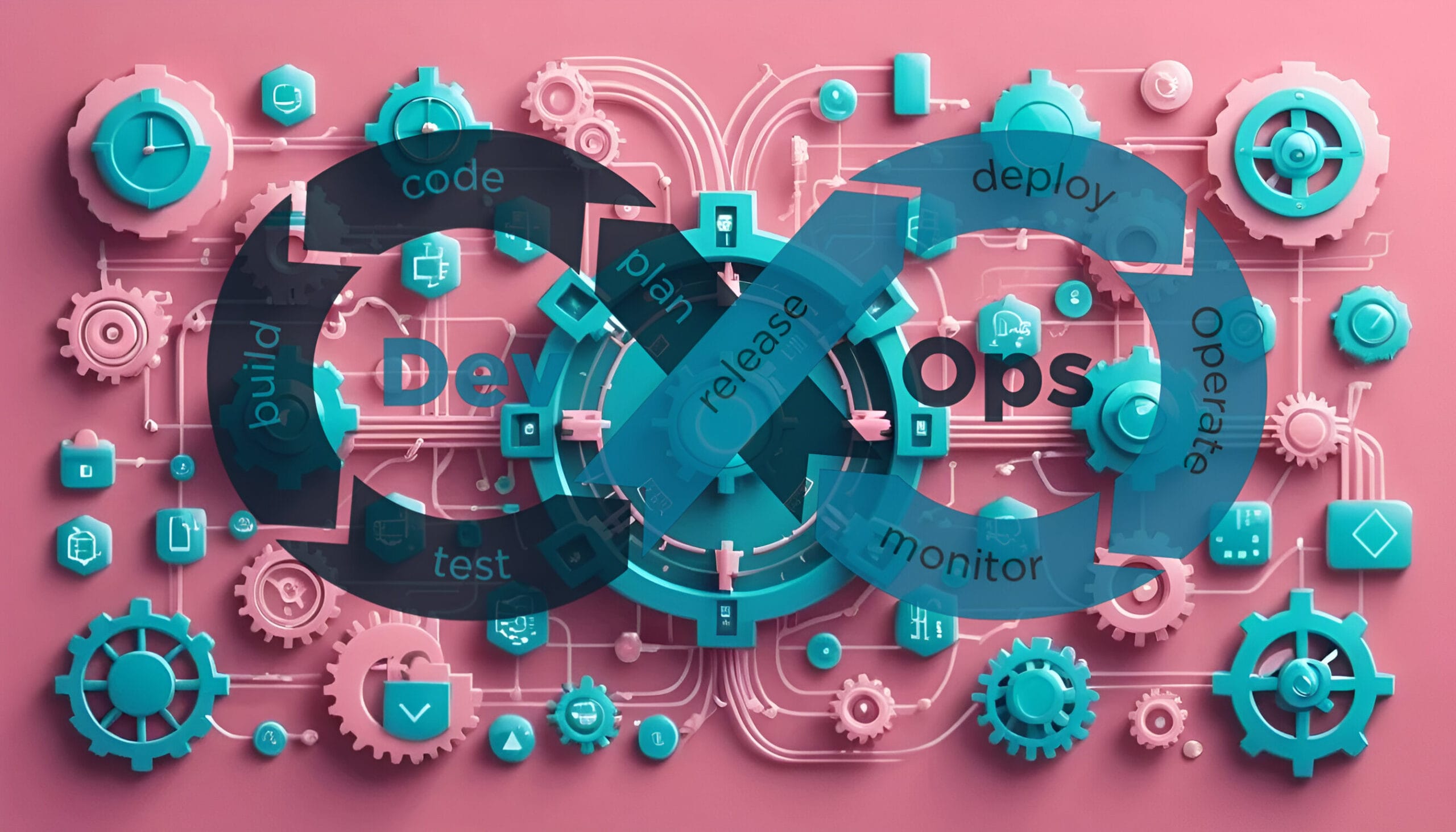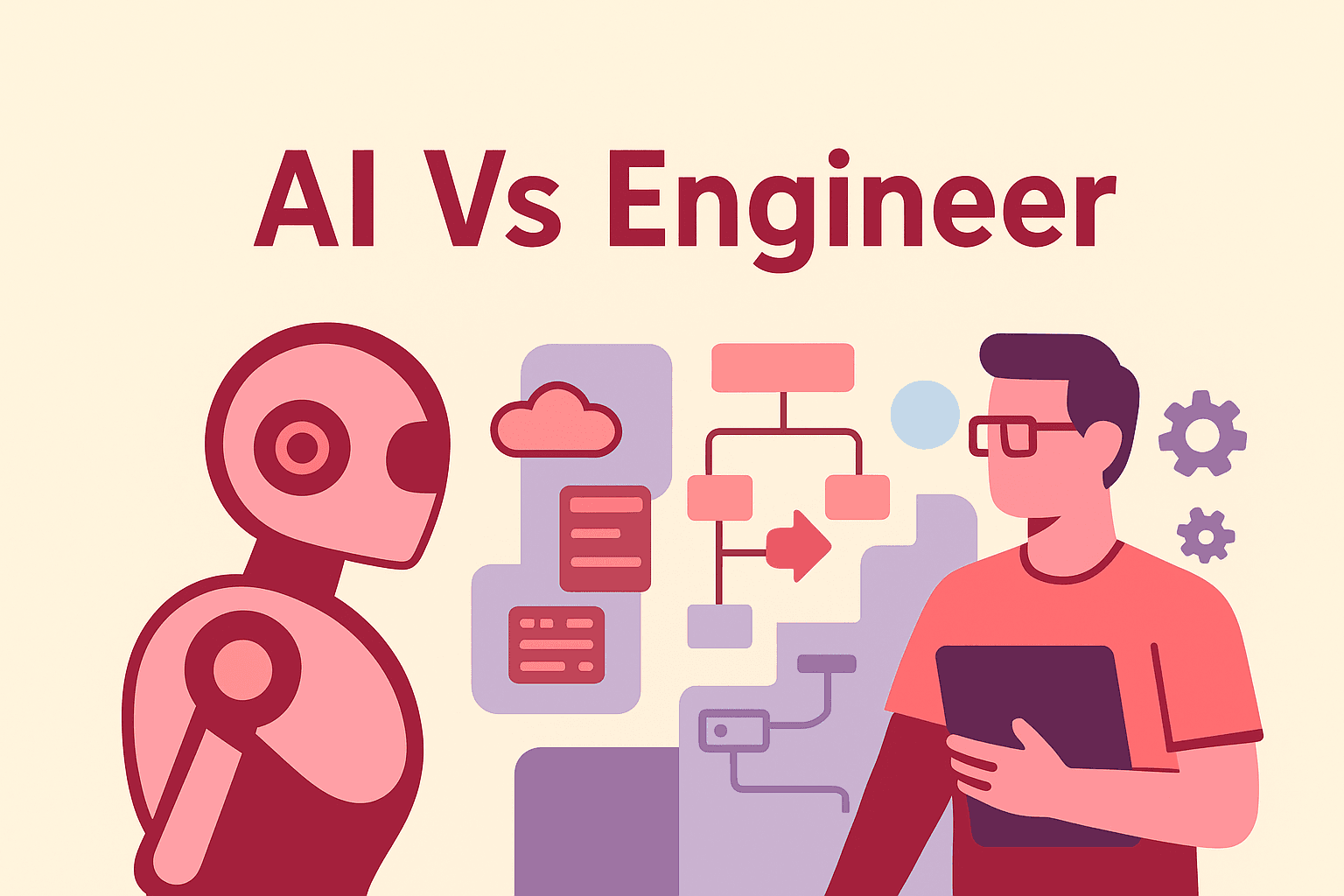DevOps engineers rank among the highest-paid tech professionals, with an average salary of £72,000 in the UK. The field combines development and operations to create a simplified approach to software delivery that companies need more than ever.
Breaking into DevOps or moving up in your existing career presents unique challenges. You’ll find guidance here about the skills, certifications, and career paths in DevOps. This piece covers everything from technical requirements to soft skills for both newcomers and experienced professionals. You’ll learn about DevOps training, certification options, and real-life experience to succeed in the field.
This guide will give you a clear picture of:
- The current landscape of DevOps career opportunities
- Technical and soft skills required for DevOps roles
- Key certifications and training paths
- Practical steps to build your DevOps career
Your path to becoming a successful DevOps professional starts here.
Understanding the DevOps Career Landscape
The DevOps field shows remarkable growth, with the global market size exceeding $8 billion in 2022. Experts project a robust 20% CAGR from 2023 to 2032. This expansion shows how DevOps practises have gained traction, jumping from 33% of companies in 2017 to 63% in 2020.
Current Industry Trends
DevOps has become the go-to software development methodology worldwide. In fact, recruiters rank it as the second most valuable tech skill in 2023. Furthermore, the numbers tell the story 99% of organizations say DevOps practices have positively affected their operations.
Different DevOps Roles and Responsibilities
The job market has several hot DevOps positions right now:
- DevOps Engineer: Integrates project functions across the product lifecycle
- Release Manager: Oversees software delivery processes
- DevOps Cloud Engineer: Manages cloud-based systems
- DevOps Security Engineer: Implements security measures
- Site Reliability Engineer: Ensures system reliability
- DevOps Architect: Designs and implements DevOps infrastructure
Salary Expectations and Growth Potential
DevOps professionals earn attractive compensation packages. In fact, U.S.-based DevOps engineers earn an average base salary of $127,076 yearly. Moreover, the career path looks bright, as the U.S. Bureau of Labor Statistics predicts a 17% growth rate from 2023 to 2033. This growth rate not only beats most other occupations, but also makes DevOps one of tech’s most lucrative career choices.
Essential Technical Skills for DevOps Success
Our work with successful DevOps professionals has helped us find the most important technical skills that build a strong DevOps career. Here are the skills every aspiring DevOps engineer needs to master.
Core Programming and Scripting Languages
Python has become the top programming language for DevOps, especially for automation and scripting tasks. DevOps engineers need to be skilled at multiple languages. These languages matter the most:
- Python – Works well across platforms and environments
- Go (Golang) – Perfect for high-performance tools and microservices
- Java – Powers strong automation tools
- JavaScript – Vital for both frontend and backend development
Infrastructure and Cloud Platform Expertise
Cloud computing has transformed our industry. The numbers show that 70% of DevOps engineers now use container orchestration solutions. AWS, Azure, and Google Cloud Platform provide vital services for DevOps practises. Teams can work together and deliver applications faster at scale with Infrastructure as Code (IaC).
Containerization and Orchestration Tools
Modern cloud-native applications rely heavily on containerization. The numbers speak for themselves 89% of organisations use different forms of Kubernetes for container orchestration. Container orchestration tools help automate:
- Application deployment and scaling
- Resource allocation and load balancing
- Service discovery and networking
- Application health monitoring
These tools are vital for complex containerized applications. Manual management becomes impossible in production environments where scale matters most.
Critical Soft Skills and Business Acumen
Technical expertise is significant, but our experience shows that soft skills and business understanding are equally vital for DevOps success. Teams with strong communication skills share knowledge better and have fewer misunderstandings. This leads to a 70% improvement in site reliability
Communication and Collaboration Abilities
Effective communication is the life-blood of DevOps culture. Teams with strong communication practises show:
- 40% increase in customer satisfaction
- 23% boost in productivity through job rotations
- 35% faster time-to-market for new features
Problem-Solving and Decision Making
Our DevOps practise emphasises informed decision-making and critical thinking. Teams show major improvements in issue resolution times when they use structured problem solving approaches. The OODA loop (Observe, Orient, Decide, Act) helps DevOps teams make quick and methodical decisions.
Project Management and Leadership Skills
Leadership in DevOps goes beyond traditional project management. Strong DevOps leaders need technical credibility and people management skills. Effective DevOps project managers coordinate operations and development teams while maintaining continuous collaboration with stakeholders.
Successful DevOps teams create a culture where everyone feels safe to share ideas and contribute their unique perspectives. This inclusive approach has resulted
in a 28% increase in knowledge sharing activities in organisations of all sizes. Our work with various teams shows that encouraging these soft skills matters as
much as technical training in any complete DevOps roadmap.
Building a Strategic Career Development Plan
Let’s develop a strategic plan to build your DevOps career. The DevOps market will reach USD 12,215.54 million by 2026. This growth creates substantial
opportunities to advance your career.
Creating a Learning Roadmap
A strong foundation in IT fundamentals should precede specialised DevOps skills. Our research indicates that DevOps professionals need these certifications:
- AWS Certified DevOps Engineer
- DevOps Foundation Certification
- KnowledgeHut DevOps Certification
Gaining Practical Experience
Hands on experience is vital to career advancement. The DevOps field evolves constantly and needs continuous learning and adaptation. You should:
- Take charge of your learning experience
- Arrange your skills with company’s needs
- Check your capabilities and spot gaps regularly
- Join coding events, bootcamps, and hackathons
Networking and Community Involvement
DevOps thrives on teamwork, state-of-the-art solutions, and cooperative efforts. You can learn continuously by connecting with the community at DevOps conferences and events. Communities help you see different viewpoints and gauge overall impressions. These connections are a great way to get professional growth.
Pro Tip: Open source projects and local meetups can improve your practical skills and help build valuable professional relationships. Note that DevOps success depends on both your knowledge and your network.
Conclusion
DevOps is an exciting and lucrative career path that continues to show strong growth prospects. With an increasing demand for skilled professionals and a projected market value reaching USD 12,215.54 million by 2026, this field offers unparalleled opportunities for career advancement.
This guide has outlined the essential skills, certifications, and strategies you need to build a successful DevOps career, from technical expertise in programming, cloud platforms, and containerization, to the critical soft skills that foster effective teamwork and collaboration. As organizations continue to embrace DevOps practices, professionals who can merge technical knowledge with interpersonal skills will be in high demand.
Here are the key points you’ll need for your DevOps trip:
- The DevOps field is growing steadily, with abundant career opportunities.
- Master the technical foundations of programming, cloud computing, and containerization to succeed.
- Soft skills like communication, problem-solving, and leadership are just as important as technical expertise.
- Pursue continuous learning and hands-on experience through certifications, real-world projects, and active community participation.
As the DevOps landscape evolves, so should you. Embrace the learning process, stay connected to the community, and keep adapting to new tools and methodologies. Whether you’re just starting or looking to advance your career, balancing technical prowess with strong collaboration and leadership will be key to your long-term success.
Your DevOps journey begins now with a strong foundation and an ongoing commitment to growth. Keep evolving, keep learning, and take advantage of the incredible opportunities that DevOps offers.




